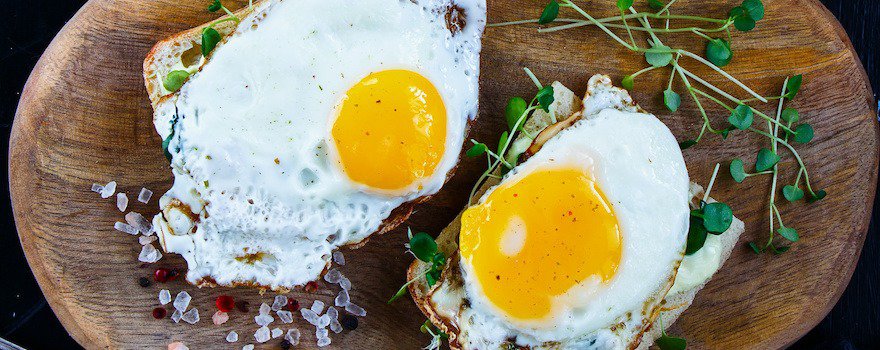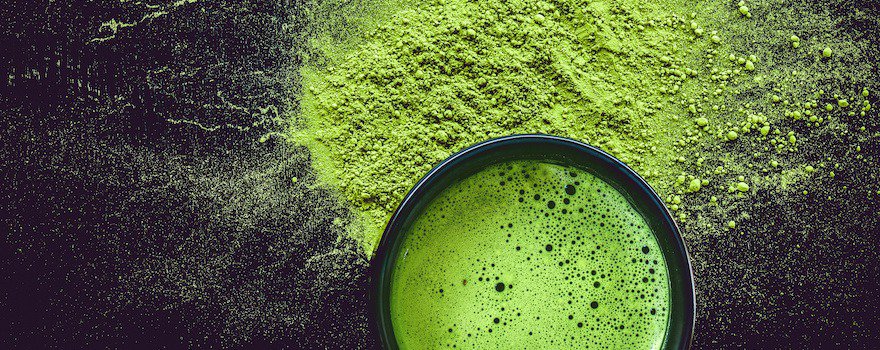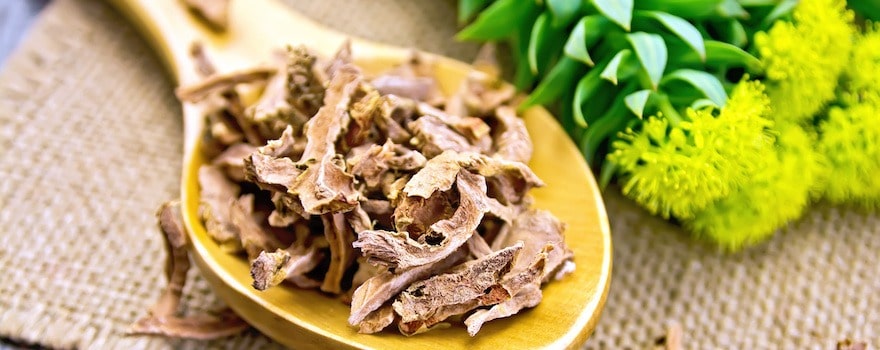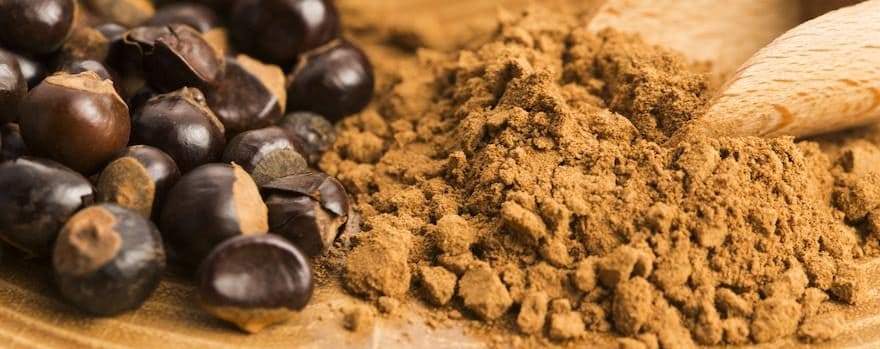The 8 Best Natural Nootropics
A nootropic is a plant, dietary supplement, medicine, or molecule capable of boosting our brain. For example, it can improve our concentration, our memory, and help us manage stress and mood.
There are natural or synthetic nootropics. Among natural nootropics, we distinguish between raw foods and dietary supplements made from natural extracts. Here are the 8 best natural nootropics. To understand how they affect our brain, check after the list!
The Egg

The egg, and more particularly the egg yolk, is rich in choline, an essential vitamin for the synthesis of acetylcholine. Acetylcholine is a neurotransmitter contributing to the processes of memory and learning. It is involved in the nerve impulses that the nerves use to send information to the brain.
Also, eggs contain other important components such as phospholipids essential for building the membranes of brain cells, the neurons.
Fatty Fish, Rich in Omega-3

Fatty fish such as salmon, sardines, tuna, and mackerel are rich in omega-3. These fatty acids, particularly DHA (docosahexaenoic acids) and EPA (eicosapentaenoic acids), are beneficial for the brain as they function as components of neuron membranes and have anti-inflammatory properties. They also have the ability to increase brain oxygenation.
Ginkgo Biloba

Ginkgo biloba, a tree native to China and rich in flavonoid glycosides, is known to boost our cognitive functions. Several studies suggest that ginkgo biloba enhances memory and concentration abilities. It is likely to work by increasing blood flow to the brain and thus its oxygenation. It is a preferred nootropic for students during exams.
Green Tea

Green tea has powerful antioxidants, thus protecting the brain from cellular aging. Also, green tea is very rich in L-theanine, a molecule that could enhance our cognitive functions.
Indeed, supplementation with L-theanine suggests an improvement in concentration and attention. It is thought to work by increasing levels of serotonin and dopamine (the ‘happiness’ hormones) and GABA (a ‘calming’ neurotransmitter), involved in memory and learning.
Matcha, a powder from green tea leaves consumed in Japan for almost a thousand years for its relaxing and energizing virtues, is a good way to enjoy the benefits of green tea.
Lycopodium (Lycopodium serratum)

Lycopodium contains an active nootropic molecule called huperzine A, recognized for improving memory and learning. In a study among adolescents, huperzine A appeared to improve memory and learning abilities compared to the control group.
Other studies show that supplementation with huperzine A could improve cognitive function in patients with Alzheimer’s disease. Huperzine A is thus beneficial for reducing and preventing memory loss, especially in the elderly.
Huperzine A is thought to work by increasing levels of acetylcholine, the neurotransmitter involved in conveying nerve information in the brain.
Bacopa

Bacopa, particularly abundant in India, is an adaptogenic plant meaning that it helps to reduce the effects of stress, physical or mental, and improves mood. It is also considered a nootropic. Indeed, it seems to be effective at improving memory, attention and learning, more precisely the speed of learning.
Supplementation with Bacopa improves cognitive function in elderly people and protects against neurodegeneration and cognitive decline.
The mechanism of action of bacopa is not yet well understood, but it seems that the bacosides A and B, the main active molecules of Bacopa, act on increasing the level of the neurotransmitter acetylcholine.
The lion’s mane mushroom

The lion’s mane mushroom or lion’s mane is an edible mushroom, part of the functional mushrooms. It presents numerous benefits including being a powerful nootropic. This mushroom is a neuroprotector, and has antioxidant and anti-inflammatory properties.
Traditionally, it is also used to improve issues related to cognitive abilities, particularly concentration and memory. This mushroom contains two active molecules, hericenone and erinacine. These contribute to nerve regeneration and limit the progressive loss of neurons.
Also, the polysaccharides present in the mushroom play an important role in the improvement of cognitive functions. They help reduce amyloid plaques present in Alzheimer’s disease and protect neurons from free radicals.
The rhodiola

The benefits of rhodiola are numerous. It is an adaptogenic plant, meaning it helps to reduce the effects of stress. It is also an excellent natural antidepressant. It is also known to improve mood.
In addition to being an adaptogenic plant, it can be considered a nootropic. It has been found to have a neuroprotective effect against oxidative stress. A recent meta-analysis suggests that rhodiola improves learning and memory.
Guarana

Guarana, a source of natural caffeine, helps fight fatigue but not only. Indeed, studies show that guarana supplementation would improve memory, concentration, learning ability, and contribute to better intellectual performance.
The tannins naturally present in guarana slow down the absorption of caffeine, so the effect of guarana lasts longer than coffee with a long-lasting release of energy over several hours.
Natural nootropics serving the brain
Smart drugs minus the side effects
Originally, nootropics or “smart drugs” are medications claiming to help consumers improve their intellectual performance and use the untapped parts of their brain.
Although they are legal and effective, these active chemical molecules have side effects. These are mainly headaches or insomnia, but they can also lead to dependency.
Today, these “smart drugs” are being replaced by better natural alternatives in the dietary supplement sector. Thus, natural plant-based nootropics promising a little boost to kickstart our days.
Also read the Concentration, Memory… What are the foods good for the brain?
Many plants and natural extracts have proven themselves, doing so without side effects. Their active ingredients are primarily capable of:
- Enhancing memory
- Increasing concentration
- Helping to improve attention
- Protecting brain cells, neurons
How do these natural compounds work?
Nootropics have different modes of action on the brain, they might work on:
- Blood circulation in the brain and thus its oxygenation. As ginkgo biloba does with its thinning properties.
- The regulation of neurotransmitters involved in nerve impulses. For example, choline present in eggs, huperzine A present in clubmoss, bacosides A and B in Bacopa.
- Inflammations of the brain. For example, the omega-3s found in fatty fish act as natural anti-inflammatories.
- Protecting neurons from cellular aging caused by free radicals. Consider all the antioxidants such as flavonoids in ginkgo biloba, polyphenols in green tea, and polysaccharides in lion’s mane mushroom for example.
- Nerve regeneration. In the case of the lion’s mane mushroom, hericenone and erinacine, its active molecules, contribute to nerve regeneration and limit the progressive loss of neurons.



